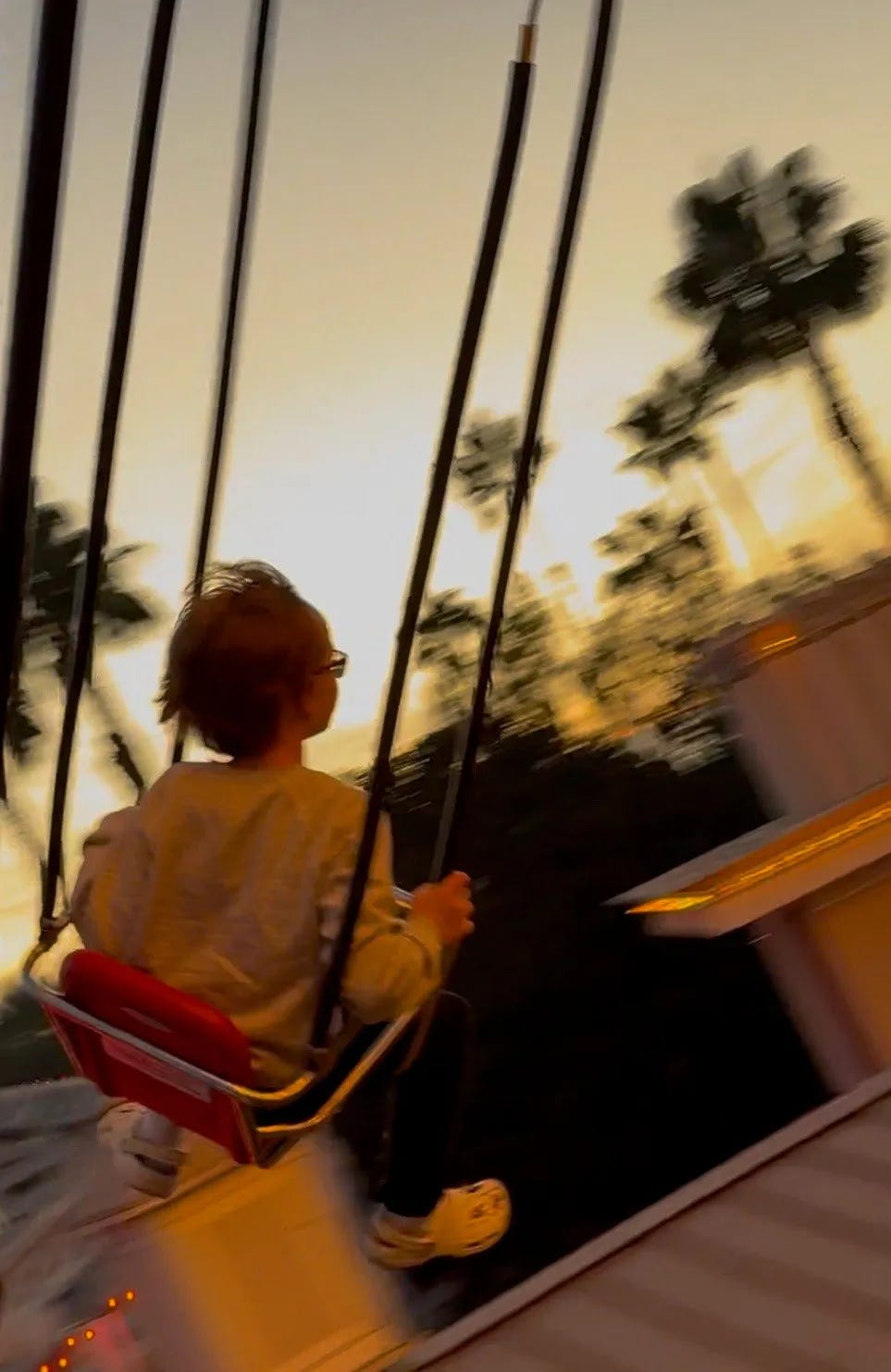Hi Friends,
The start of a new year often feels like a blank canvas—a chance to reimagine our lives, set goals, and become the version of ourselves we’ve been chasing. But for those of us who fawn—we tend to gravitate toward pleasing others as a way to maintain connection and avoid conflict—this pull can feel less like inspiration and more like obligation. How often have we started a new year with the unspoken pressure to be everything for everyone?
We live in a world that rewards productivity and self-sacrifice, often at the expense of our own well-being. What if 2025 could be different? What if this year, instead of striving to do more or be more for others, you chose to show up for yourself?
The Science of Presence: Why It Matters
Research indicates that cultivating present-moment awareness can profoundly influence mental health, stress levels, and physical well-being. In fact, the ability to stay present has been linked to increased satisfaction and a greater sense of fulfillment.
This idea aligns with insights shared by Dacher Keltner on 10% Happier with Dan Harris, where he explored how nature acts as a form of healthcare. Keltner emphasizes that accessing awe—those moments of wonder sparked by a sunrise, a towering tree, or even the vastness of the night sky—can profoundly affect our cognition, sleep quality, and nervous system regulation. For fawners, who may struggle to prioritize our needs amidst the demands of others, intentionally seeking out awe in nature offers a practical pathway to reconnect with ourselves
Reclaiming presence isn’t just about sitting still or practicing mindfulness; it’s about actively engaging with experiences that root us in the moment. Nature extends its quiet hand, inviting us to step into its rhythms. The rustle of leaves, the ebb and flow of waves, the gentle warmth of sunlight on one's skin—all these moments call us outward, not to escape, but to return. In these exchanges, the clamor of expectations fades, leaving space for something more enduring.
Reclaiming Your Time and Energy: Inspired by Nature’s Lessons
1. The Pause: A Practice in Self-Inquiry
Just as nature thrives in cycles of rest and renewal, so too can we benefit from moments of pause. Before committing to a request, invitation, or obligation, give yourself space to reflect. Ask:
Am I doing this because I want to—or because I’m afraid of what will happen if I don’t?
Will this choice nourish me or deplete me?
How might I honor my needs in this moment?
This pause is not just an act of self-care; it’s a chance to recalibrate, much like the subtle rhythm of a forest gathering strength for the return of spring.
2. Rewrite the Script on Validation
Nature doesn’t seek external validation; it simply exists in its beauty and purpose. What would it look like to live this year guided by your inner compass? Consider these prompts as you envision 2025:
If I weren’t worried about how others perceive me, what would I pursue this year?
What have I been saying yes to out of obligation, and how can I start saying no with grace?
What would it feel like to celebrate my accomplishments without waiting for others to notice?
By releasing the need for approval, you create the mental and emotional space to connect deeply with your authentic self, much like relationships in nature– where every element thrives not by seeking validation, but by contributing to and drawing from the ecosystem in balance.
3. A New Kind of Generosity
Nature teaches us reciprocity—giving and receiving in balance. For fawners, generosity often means giving endlessly to others. But what if you turned some of that care inward this year?
Treat yourself as you would a beloved tree in your backyard: nurture your roots with rest, joy, and curiosity.
Schedule non-negotiable time for activities that restore you—whether that’s journaling under the stars, walking barefoot on a trail, or simply finding stillness in the sunlight.
Remember: boundaries are not barriers; they’re natural contours that help relationships—like ecosystems—thrive.
A Vision for 2025
This year, let’s challenge the idea that our worth is tied to what we do for others. Instead, let’s measure success by how present we can be—for our own lives, and for the people we truly care about.
Imagine a year where your choices come from a place of authenticity, not fear. Where your time is spent on things that energize you, not just on what’s expected of you. Where your presence is a gift—to yourself and those around you.
Presence is an invitation to stop running, to sit with what is, and to trust that you are enough just as you are.
With warmth,
Dr. Ingrid Clayton





